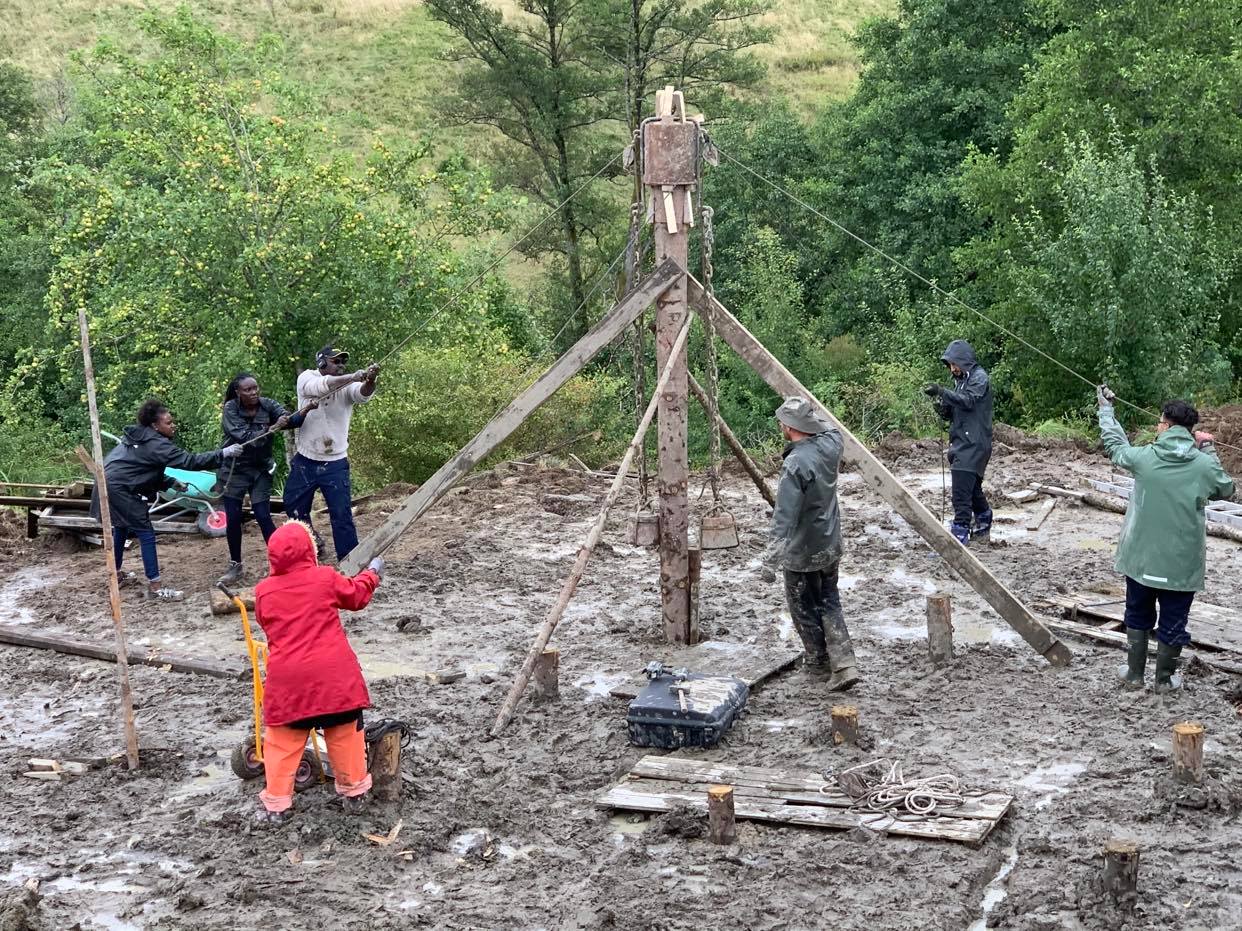Transforming the city for play
ABOUT THE RESEARCH PROJECT
By Elena Raviola
Welcome to our project website! We will here introduce you to the research project Transforming the City for Play/Lek i Staden, a FORMAS funded research project within the program Design for the Lived environment/Gestaltad livsmiljö/, hosted by researchers at HDK-Valand, University of Gothenburg.
As an increasing number of the world’s children live in cities, their rights to play, participate in cultural life and express themselves become urgent matters for sustainable urban development. As Sweden has made the UN Convention of the Rights of the Child (UNCRC) into law from January 2020, there is a need from public and private stakeholders to understand and experiment how children’s democratic agency can be increased in urban development. This project explores new artistic design methods to form public architecture and design for play and recreation, and new ways of organizing children’s participation in urban development. Two lines of experimentations on artistic methods will be conducted: Hacking existing urban structures for play on the go and
co-crafting temporal structures of play, farming and urban furnishing. Systematic and iterative reflection work will lead to develop a participatory design-based framework for the implementation of the UN Convention of the Rights of the Child in sustainable cities, which is shared by all project partners, helps them to develop competences on participatory processes and highlights the processual complexities of organizing artistic-based transdisciplinary collaborations. Significant innovations in public architecture and design for play will be generated and new knowledge and competences from the project will be integrated in several education programs at HDK-Valand.
The research focus and the initial questions
In this project, we focus on the implementation of the UNC RC (art. 12 and 31) in sustainable urban development in the second largest urban area in Sweden – Gothenburg and Region Västra Götaland. We will investigate how new participatory design practices can transform urban public spaces into sustainable living environments for public play and recreation in different areas of the city. Our three complementary research questions are:
1. How can artistic design interventions in public spaces sustainably support play and recreation embedded in the everyday lives and cultures of all generations in cities?
2. How can artistic participatory design practices be rethought in ways which respect and enable children, youth, and young adults’ democratic agency as competent partners in for them relevant urban development processes?
3. How can the translation of the UN Sustainable Development goals and the UN Convention of the Rights of the Child be organized and realized through local collaboration practices in urban development?



Purpose
In this project we question the playground as a dedicated and isolated space, separating and domesticating children in the city and the curbing of children’s democratic agency by the often late and short-term involvement in adult-dominated public design outcomes. Realizing the right to play, recreation and free participation in a community’s cultural life are important to develop lasting communal urban identities. It requires the possibility to appropriate and to affect the materiality of a space according to situational and multiple individual needs. We also want to remedy the lack of knowledge and tools which can enable design-centered interaction between adults, youth and children at eye height (Van Eycken, 2020) and offer public spaces and processes for children to exercise their democratic citizenship by negotiating needs for play with multiple others.
Aims
We aim to investigate and develop new artistic participatory design methods of transforming public spaces for play and recreation in different areas of the city. More specifically, we aim to:
- Experiment with and understand the possibilities and limitations of co-design interventions hacking existing urban infrastructure for play and recreation.
- Experiment with and understand the possibilities and limitations of design interventions co-crafting new public play tools.
- Develop a participatory design-based framework for the implementation of UNC RC in sustainable cities, which is shared by all project partners, helps them to develop competences on participatory processes and highlights the processual complexities of organizing artistic-based transdisciplinary collaborations.


